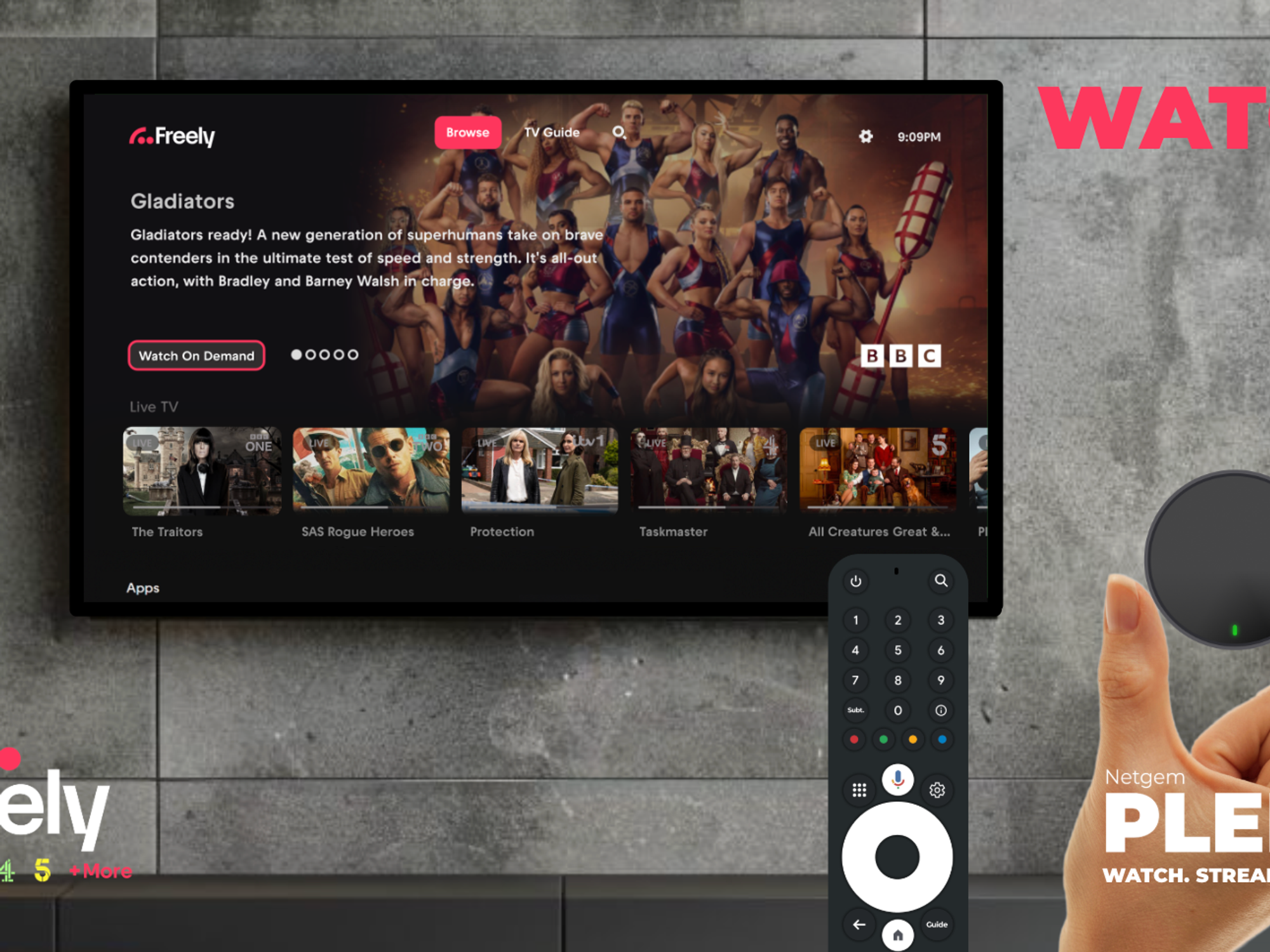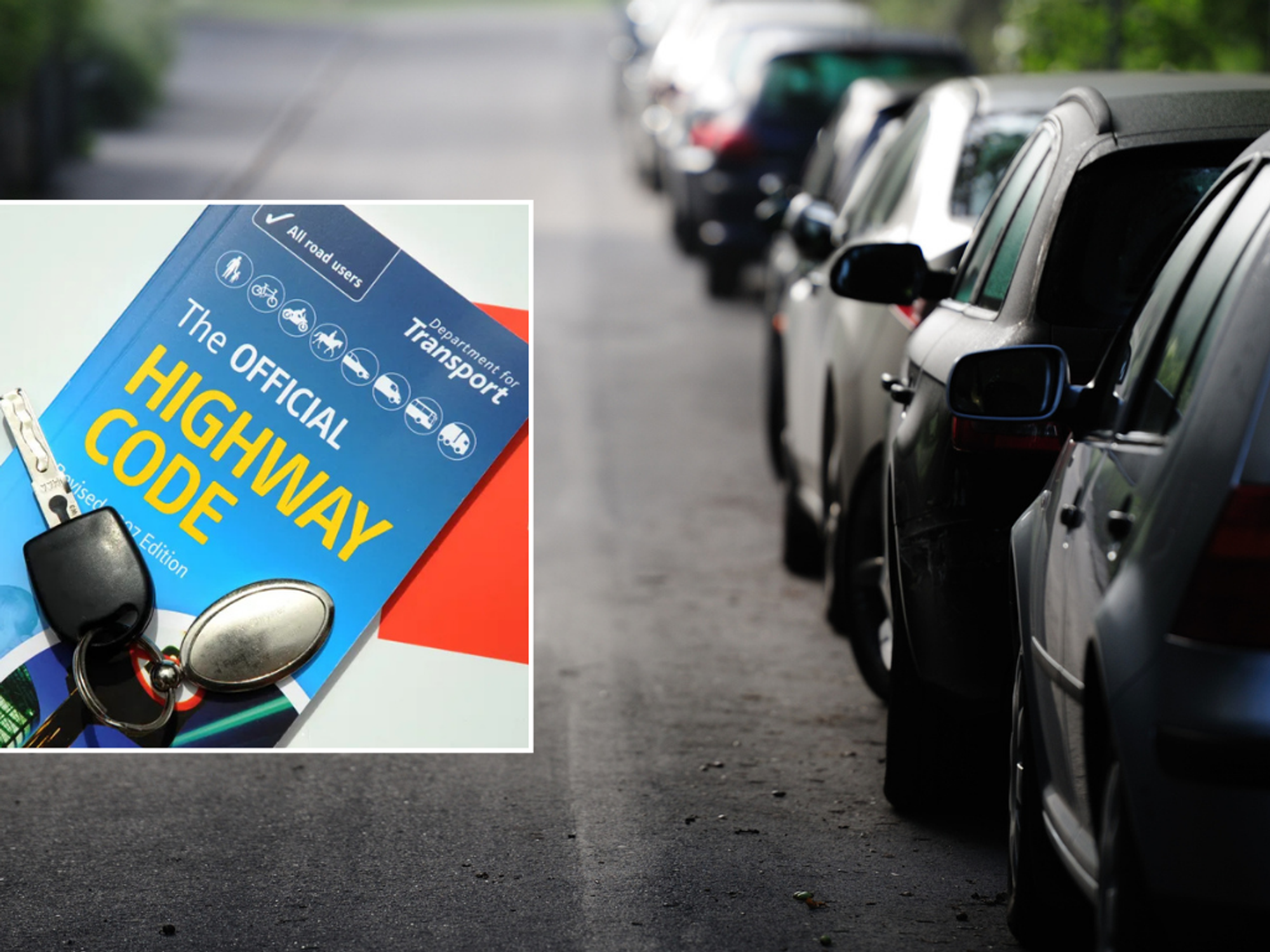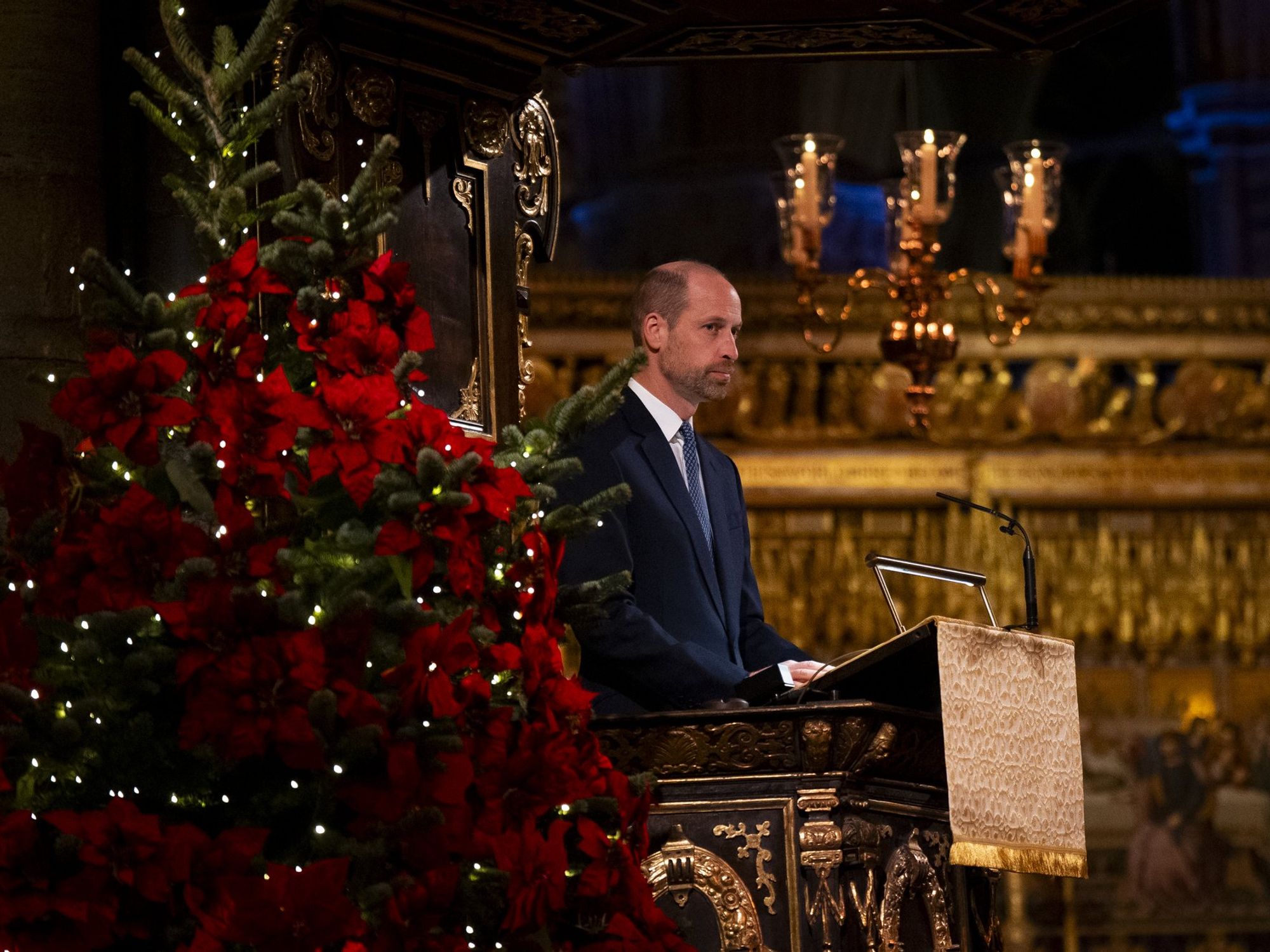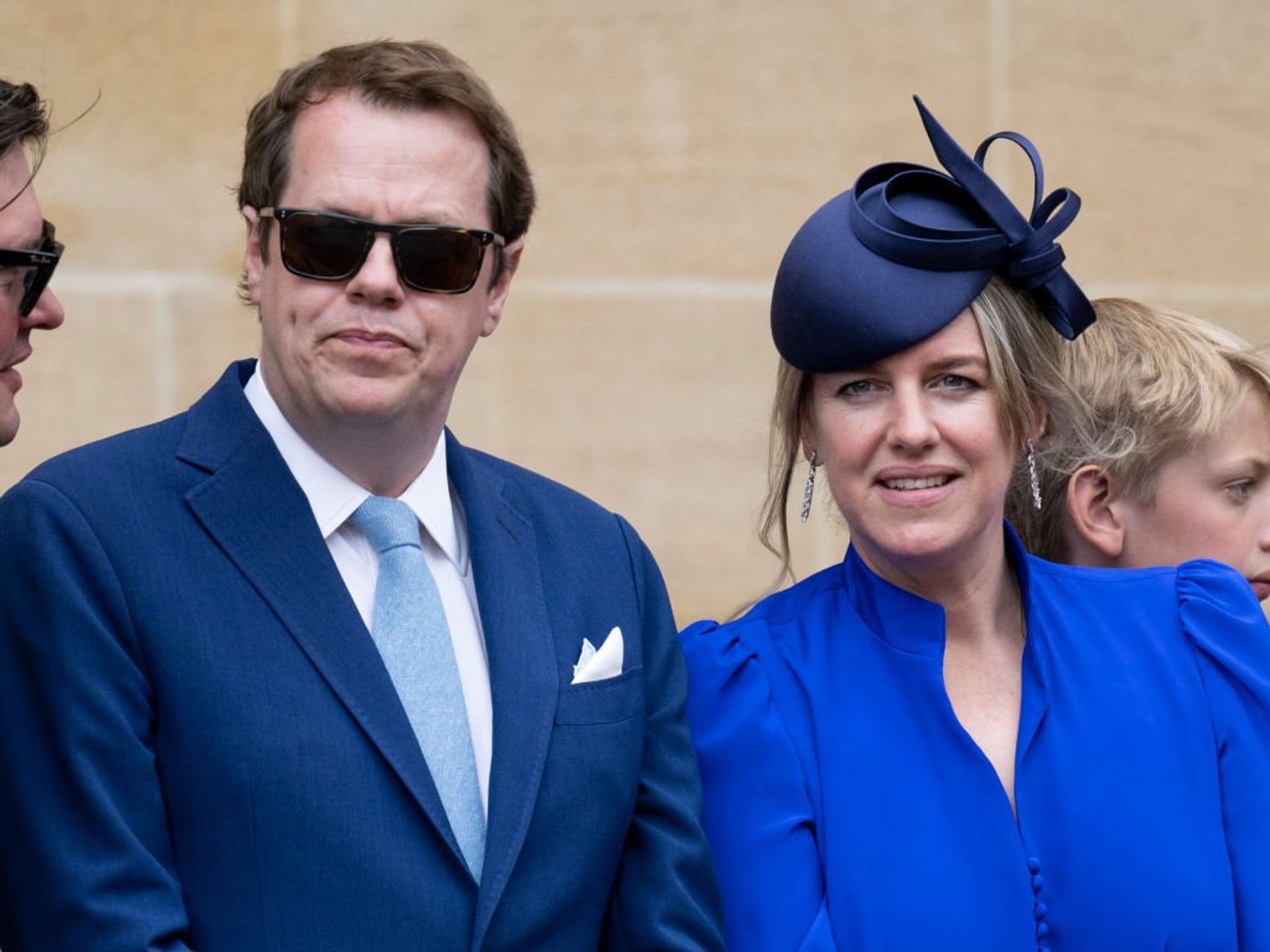Is Keir Starmer's Government about to copy-paste an EU rule on iPhone and Android chargers?

Could the UK Government force all gadget makers to adopt the USB-C standard for charging?
- Office for Product Safety and Standards is in consultation at the moment
- It will decide whether the UK Government adopts the same policy as Europe
- EU law demands firms behind “small and medium-sized” gadgets to use USB-C
- One single charging port should lower costs for users, European Union claims
- It should also reduce the amount of electronic waste produced every year
- Apple, Google, and Samsung helped to design the reversible USB-C standard
Don't Miss
Most Read
Latest
Prime Minister Keir Starmer and his cabinet are considering adopting a blanket rule to force gadget makers to use USB-C charging cables across all of their devices — mirroring a rule introduced by the European Union. The move is designed to cut the amount of electronic waste, sometimes referred to as e-waste.
Instead of producing unique cables for each device, USB-C cables can be used across a wide variety of product categories, such as smartphones, tablets, e-readers, digital cameras, laptops, games consoles, wireless speakers, Bluetooth keyboards and mice, not to mention a slew of other accessories. It means should you decide to trade in or dispose of a single gadget, the cable remains useful — and therefore, out of landfill.
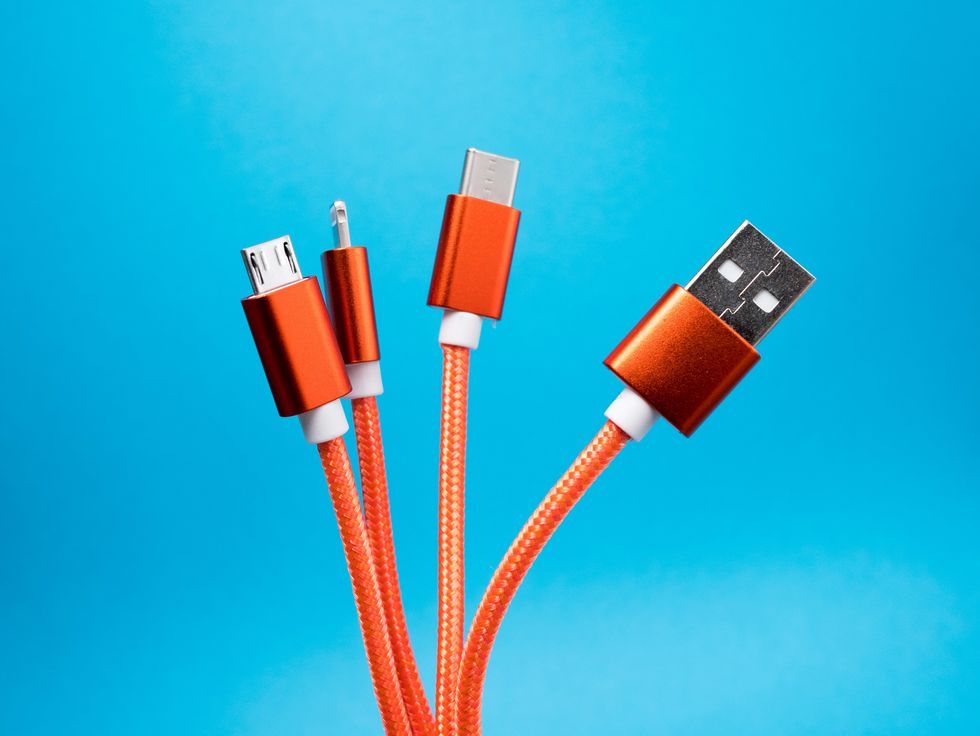
If the Office for Product Safety and Standards decides the UK should adopt the same legislation as Europe, it will be in the hope that USB-C will reduce the amount of electronic waste and reduce cost for phone, tablet and laptop owners looking to replace their chargers
|UNSPLASH
The Office for Product Safety and Standards (OPSS), created in January 2018 as part of the Department for Business and Trade of the Government of the United Kingdom, has kickstarted a consultation process to gather opinions on the potential benefits of implementing such a standard.
The shake-up comes two years after the UK initially ruled out following the European Union on this issue. The proposed change could affect a wide range of devices, including smartphones, tablets, and headphones.
According to EU lawmakers, the one-size-fits-all legislation is designed to reduce electronic waste, improve convenience for gadget owners, and lower costs — since there's no need to buy a series of new cables each time you upgrade to a new device. Not only that, but it prevents a single company having a monopoly on a specific type of connector or cable.
Apple resisted the change longer than any other firm. However, it eventually switched from its own proprietary Lightning port connection on iPhone, AirPods, and iPad over to USB-C in response to EU regulations.
The Californian company — one of the richest on the planet, worth a staggering $3.56 trillion — was one of a number of brands that came together to design the USB-C standard. The USB-C standard was developed by the industry group known as USB Implementers Forum (USB-IF), which manages USB specifications.
Key companies involved in the development include Intel, Microsoft, HP, Dell, as well as Apple. The USB-C standard was first introduced in 2014 as a versatile and reversible connector, capable of handling data, power, and video transmission in a single cable.
USB-C has since been widely adopted by major brands such as Apple, which began using it in 2015 with its svelte 12-inch MacBook, and Google, with its Chromebook Pixel in the same year. Samsung, Dell, Lenovo, and other major brands also quickly integrated USB-C into their devices due to its efficiency.
In the decade since its design was locked-in, lawmakers are now pushing for USB-C to become a standard.
The Office for Product Safety and Standards' consultation process runs until 11:59pm on December 4, 2024 and will seek input from trade associations, manufacturers, distributors, and consumers. The OPSS believes this change could "help businesses and deliver consumer and environmental benefits".
According to Materials Focus, a charity promoting electrical recycling, UK households contain 38,449 tonnes of copper in unused or discarded electricals. Their recent Recycle Your Electricals campaign suggests there are over 600 million unused or discarded cables in the UK.
Scott Butler, executive director of Recycle Your Electricals, said: "We need to start 'urban mining' and help protect the planet and nature from the harmful impacts of mining for raw materials and instead value and use what we have already."
The EU estimates its similar directive will eventually cut 11,000 tonnes of e-waste annually.
Currently, the UK does not have specific regulations mandating a universal charging standard for electronic devices. Different brands employ various connectors and technologies.
Most commonly, smartphones, tablets, and laptops use a mix of proprietary chargers, USB-A, and micro USB connectors, alongside the increasingly popular USB-C.
While guidelines exist for electrical safety and waste management under the Waste Electrical and Electronic Equipment (WEEE) Regulations, these do not address charging cable standardisation. The government has previously encouraged manufacturers to adopt more sustainable practices, but compliance remains voluntary.
According to Materials Focus, approximately 103,000 tonnes of waste electricals are discarded in the UK annually. Nearly 50% of UK households have old, unused electricals. Proper recycling could recover valuable materials and prevent harmful substances from entering landfills.
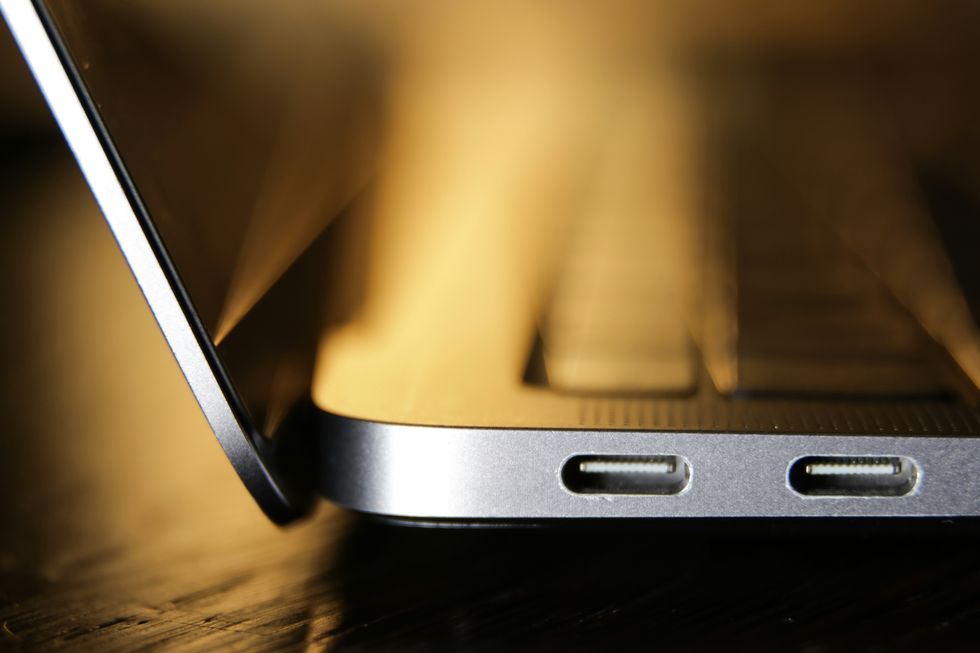
Apple helped to develop the reversible, durable design of the USB-C connector — and was one of the first to implement the new port in its MacBook range. However, it waited some time to switch its proprietary Lightning port for USB-C on the best-selling iPhone series
|A universal charging solution could simplify the consumer experience by reducing the need for multiple chargers.
Jozef Síkela, former Minister for Industry and Trade for the European Council, highlighted the issue: "We all have at least three mobile phone chargers at home. Looking for the right charger, either at home or at work, can be quite annoying."
Those wishing to participate can do so via the government's official consultation website until the December deadline. If adopted, the change could affect a wide range of devices, including smartphones, tablets, digital cameras, headphones, and portable speakers.





